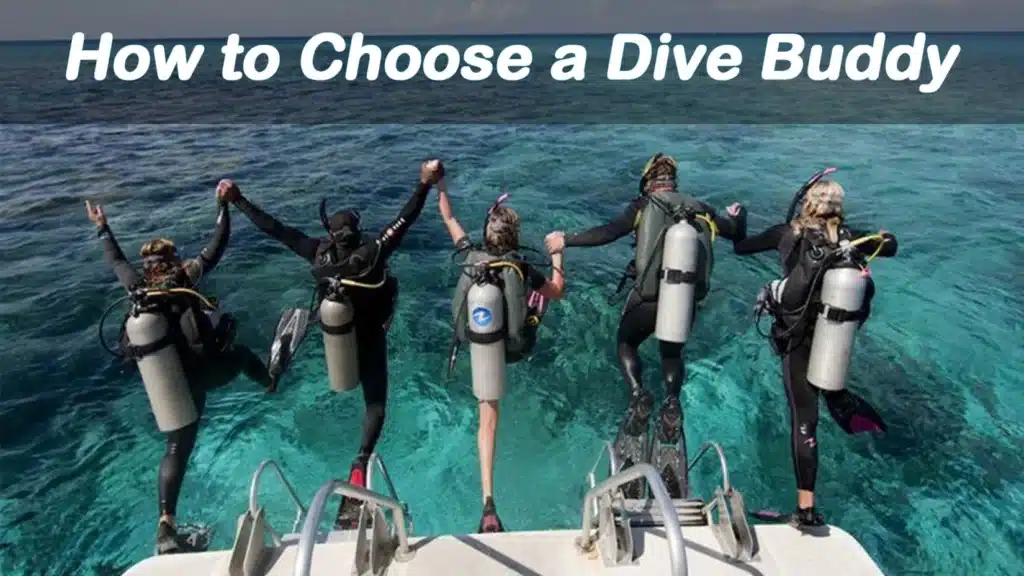Blog
How to Choose a Dive Buddy: 5 Golden Rules
Introduction
Scuba diving is more than a sport — it’s an adventure that depends on trust and teamwork. From the very first lesson, divers learn that the buddy system is a core principle of scuba diving safety. A good dive buddy shares the wonder of the underwater world and provides crucial support when it matters most. A poor match, however, can cause miscommunication, anxiety, or even serious incidents.
Use these five golden rules to find a dive partner who’s truly right for you.
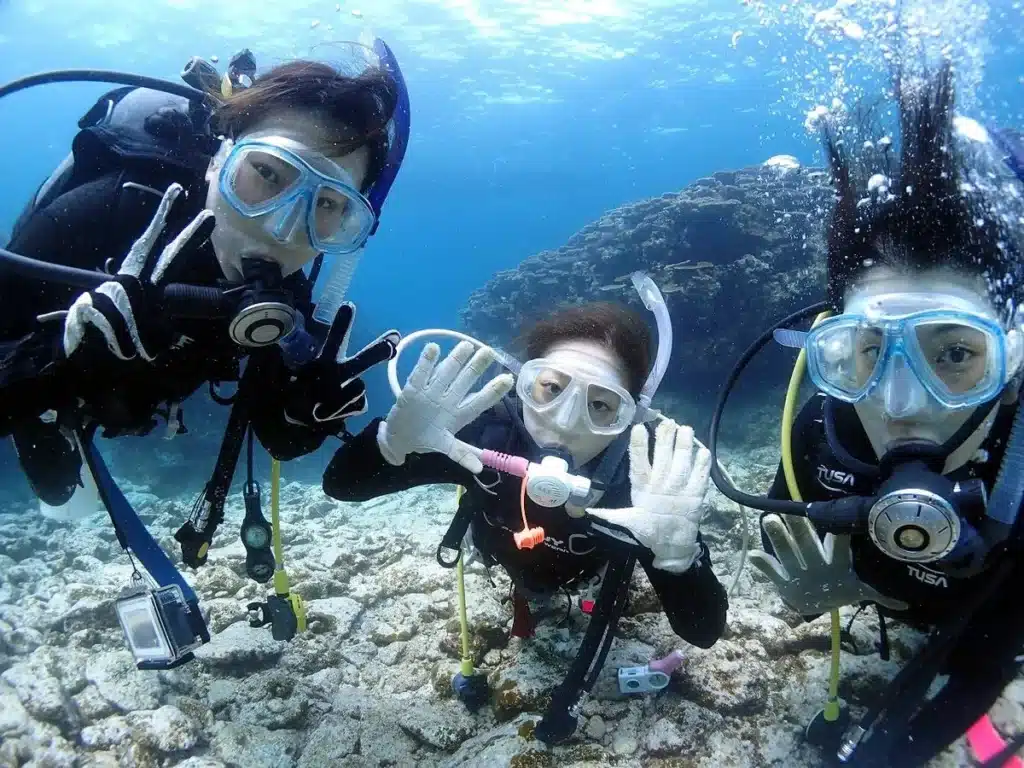
1. Match Skill Level
Skill and experience parity between buddies is a fundamental safety factor.
Why it matters: Large skill gaps create risk. An advanced diver may plan deeper or more complex dives while a novice is still mastering buoyancy and air management.
How to check: Ask about certification level, total logged dives, recent dive activity, and comfort with specific conditions (reefs, drift, night, wrecks).
Tip: Beginners should pair with divers of similar experience or with a seasoned diver who explicitly agrees to slow the pace and prioritize safety.
2. Communicate Clearly
Underwater communication is limited — so pre-dive clarity is critical.
On the surface: Complete a joint gear check and agree on the dive plan: maximum depth, bottom time, route, and air-check frequency. Confirm a shared set of hand signals.
Underwater: Maintain regular visual contact and respond promptly to signals. Never stray without signaling or agreement.
Red flag: If a potential buddy is impatient, avoids planning, or refuses to discuss the dive, treat that as a warning sign.
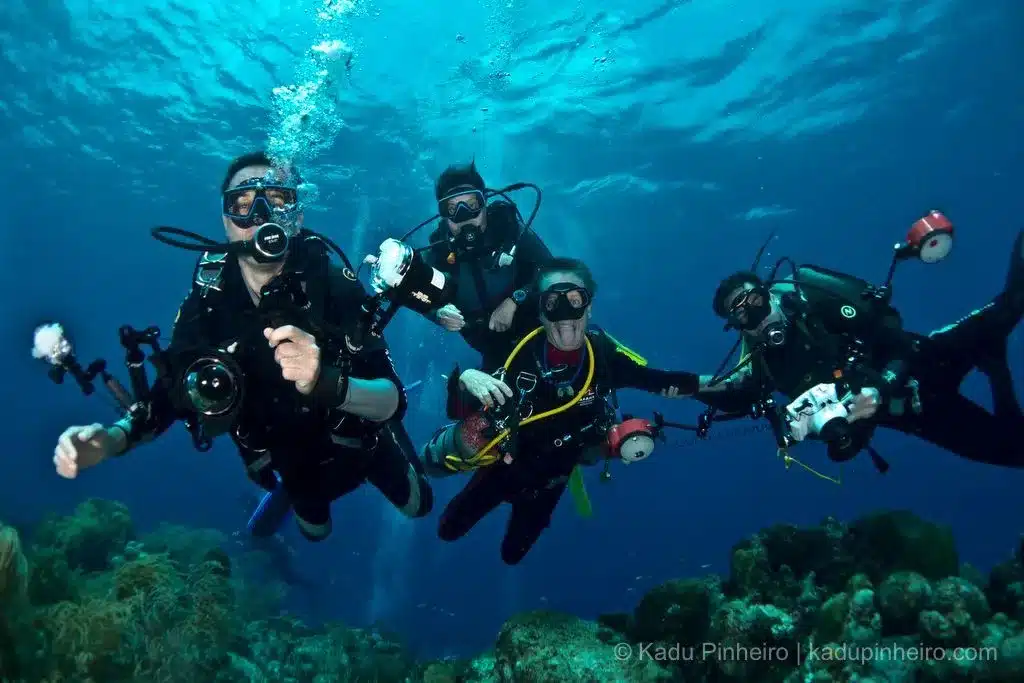
3. Put Safety First
A true dive buddy treats safety as non-negotiable.
Shared responsibility: A reliable partner routinely inspects gear, respects planned depth/time limits, and monitors air supply.
Emergency readiness: Prefer buddies with rescue training and who carry or know how to provide alternate air (octopus or pony bottle) and other basic safety gear. Calmness under stress is essential.
Impact: A safety-focused buddy reduces the chance of panic and can provide timely assistance when problems arise.
4. Build Mutual Trust and Responsibility
Trust and accountability are the foundation of any effective dive team.
Mutual care: A proper buddy won’t abandon you or push ahead. They’ll watch your condition, help with gear adjustments, and be ready to share air if needed.
Reciprocity: Responsibility goes both ways — be as dependable for your buddy as you expect them to be for you.
Warning sign: Self-centered behavior, ignoring your needs, or taking unnecessary risks are valid reasons to decline diving together.
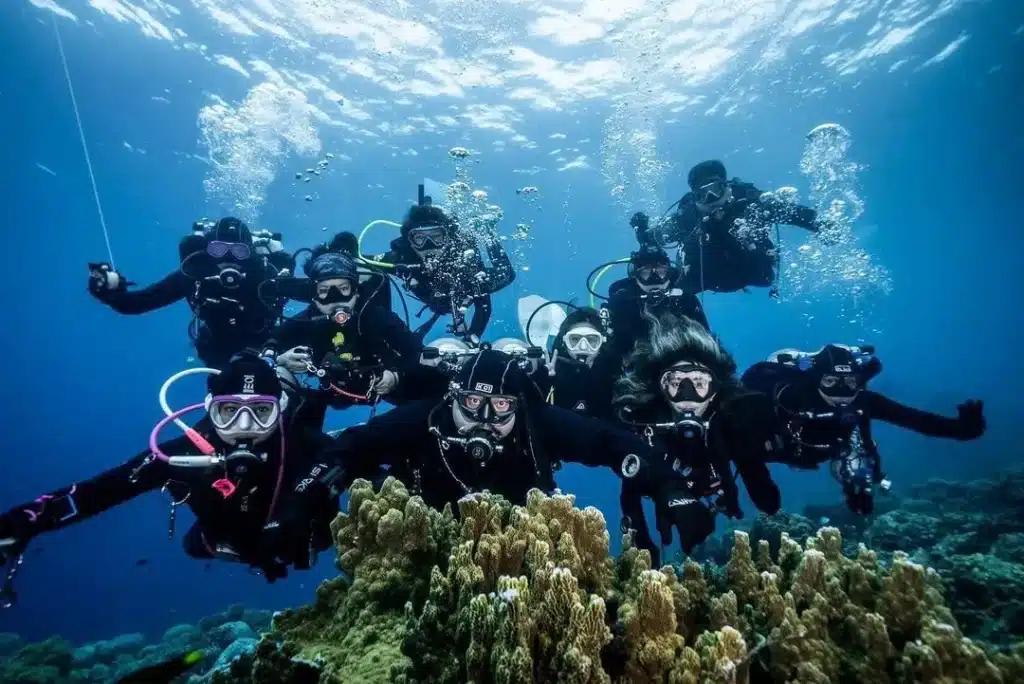
5. Choose Someone with Compatible Goals and Temperament
Beyond safety, your buddy should enhance the dive experience.
Shared goals: Photographers, wildlife chasers, and thrill-seekers have different priorities. Agree on the type of dive in advance to avoid conflict.
Personality fit: If you prefer relaxed, sightseeing dives, don’t pair with a high-adrenaline diver who constantly pushes limits. Calm, patient, and tolerant personalities often make the best partners.
Outcome: Alignment of objectives and temperament makes dives safer and more enjoyable.
Practical Tips
- Meet potential buddies through dive shops, clubs, and training centers.
- Use online diving communities and destination dive groups to connect.
- Take a trial dive (in a pool or shallow reef) to check compatibility before committing to longer or deeper trips.
- Learn to say “no” politely — your safety always comes first.
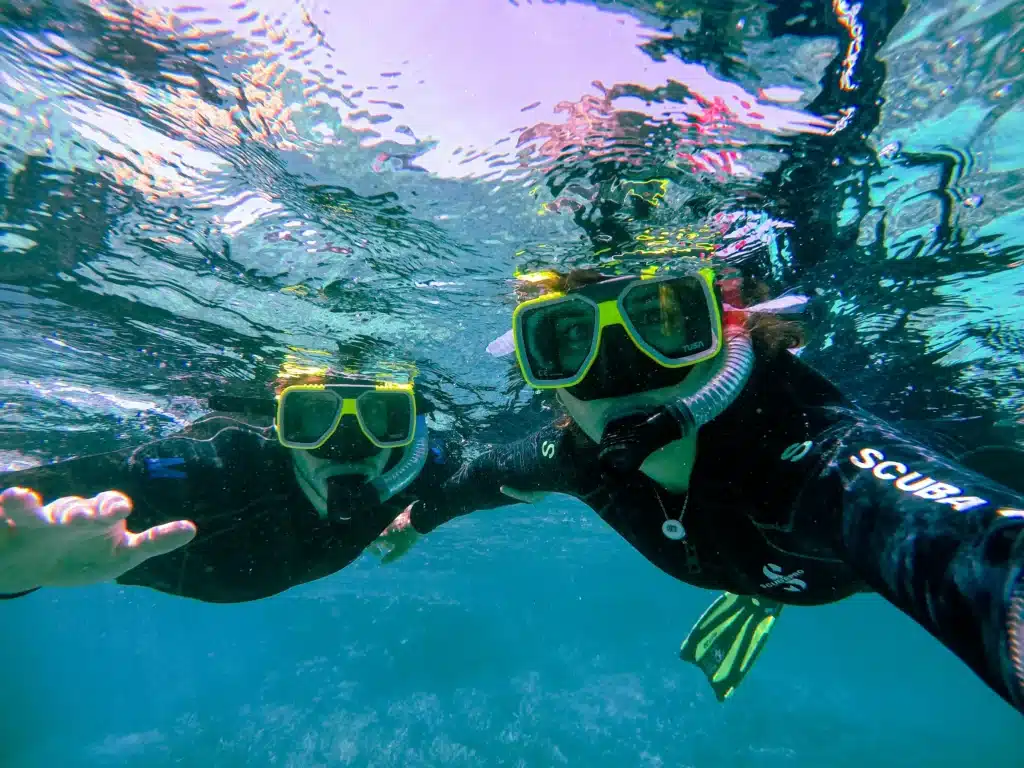
Conclusion
The quality and safety of a dive are directly shaped by your choice of buddy. Follow the five golden rules — skill match, clear communication, safety priority, mutual trust, and shared goals — and you’ll be far more likely to find a partner who helps you explore confidently and enjoyably. A great dive buddy is more than a companion; they’re your underwater safety net and the person who helps turn every dive into a secure, unforgettable experience.
Read More:
- 9 Essential Tips to Become an Excellent Diving Buddy
- How to Find New Dive Buddies
- Urgent! 9 Underwater Emergencies That Require Immediate Ascent
- Is Scuba Diving Difficult to Learn? The Truth You Need to Know

